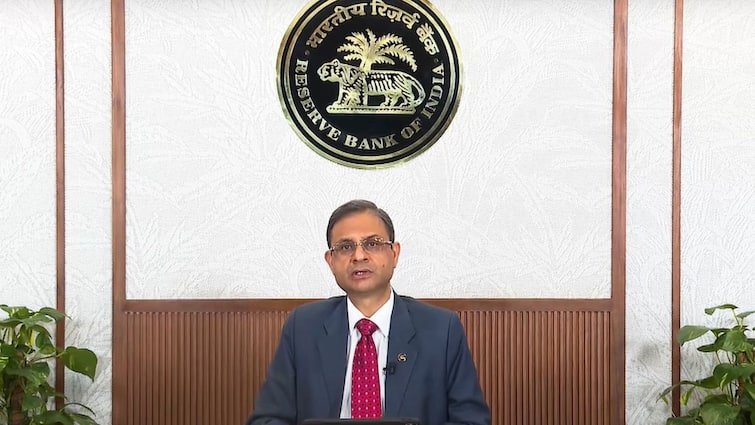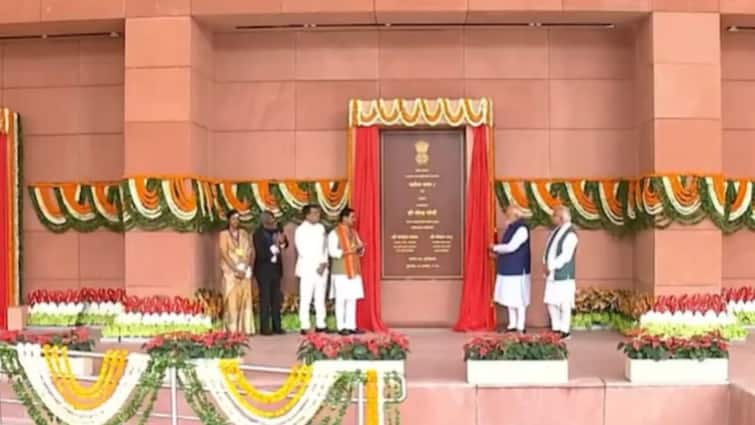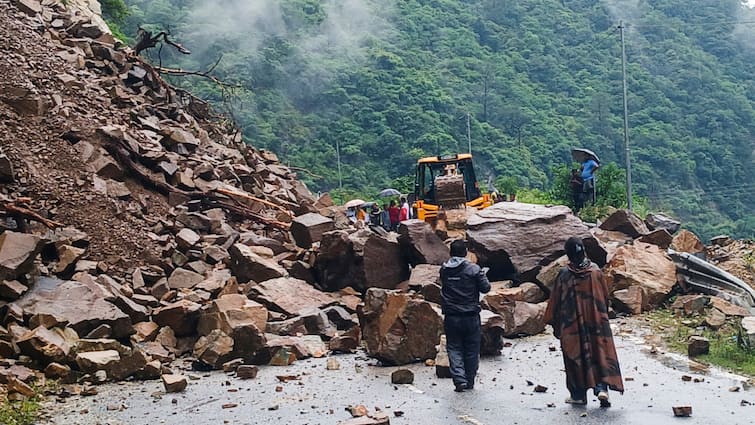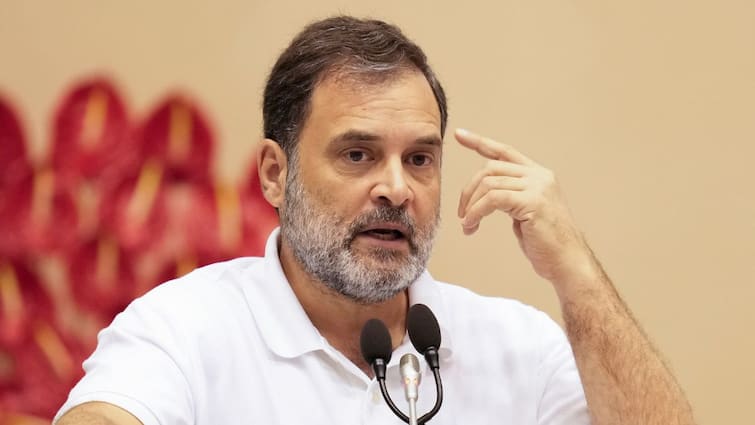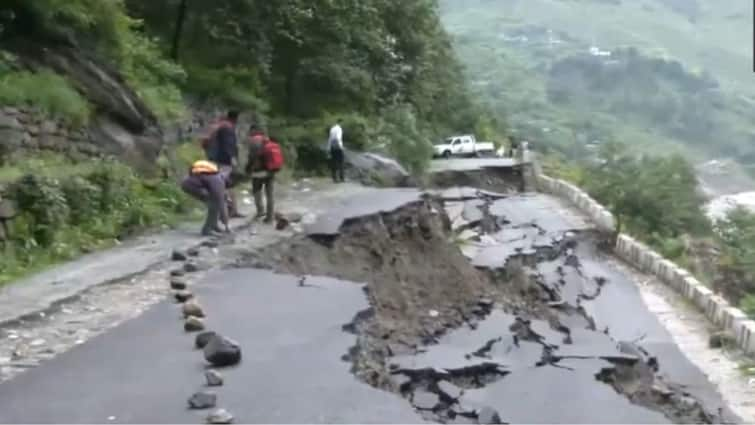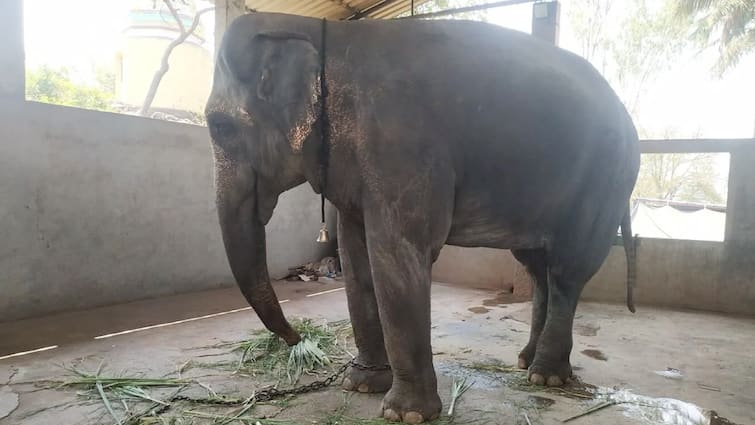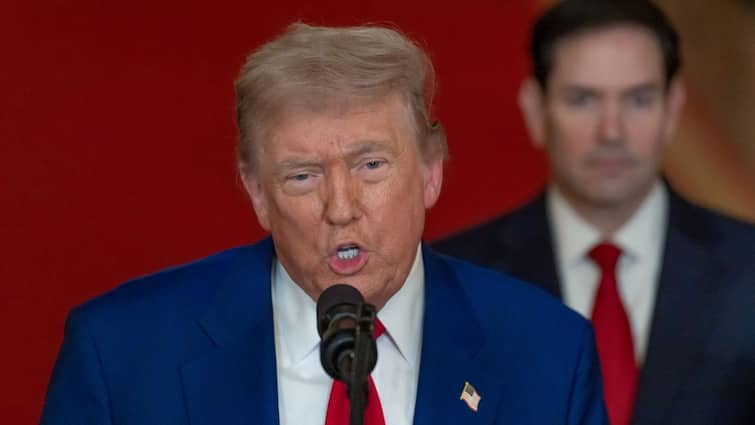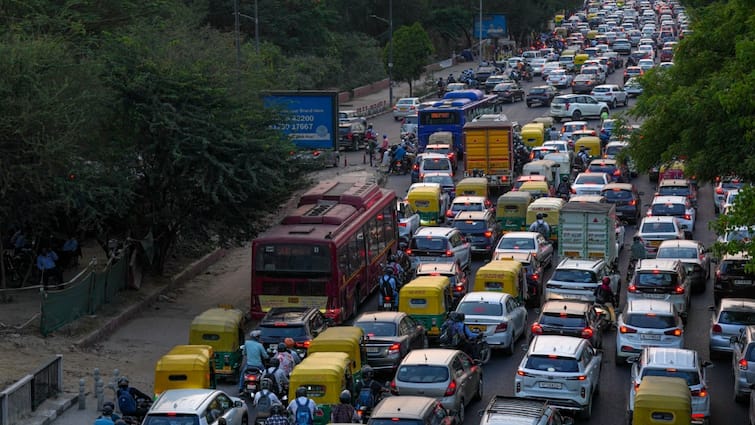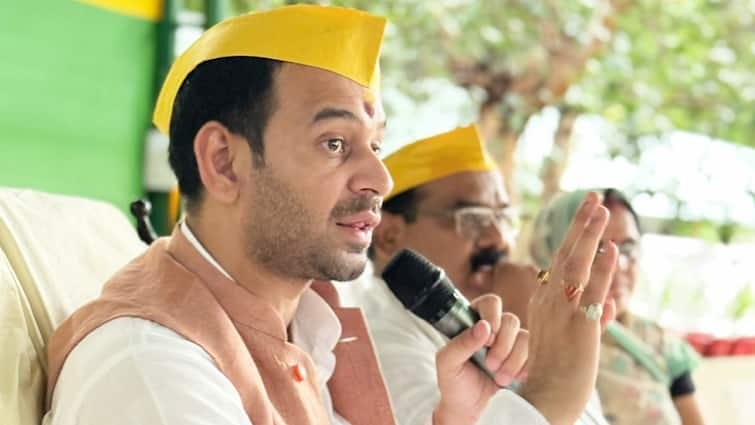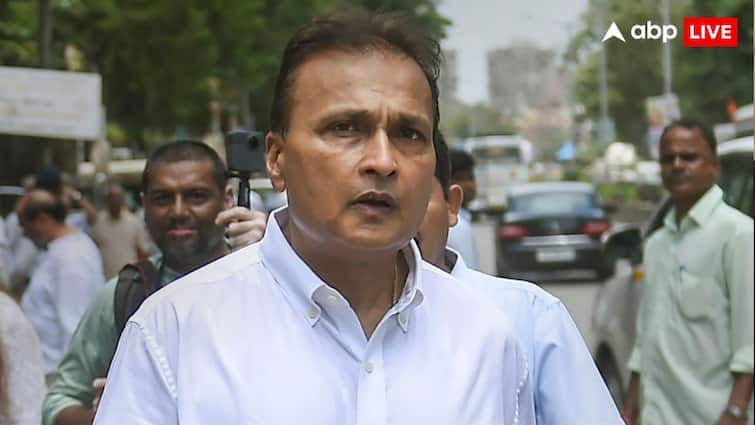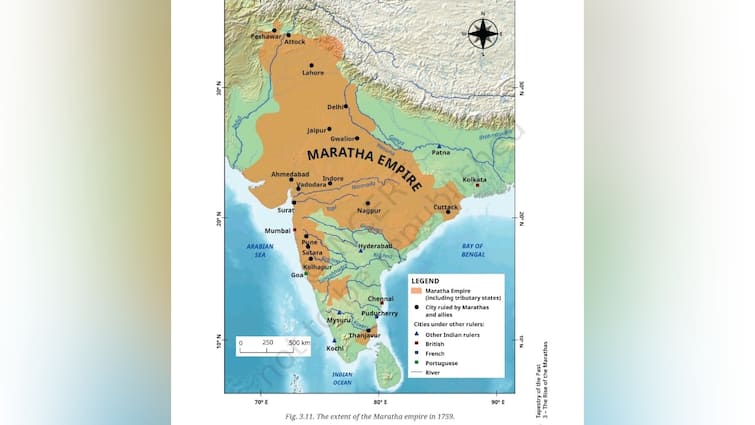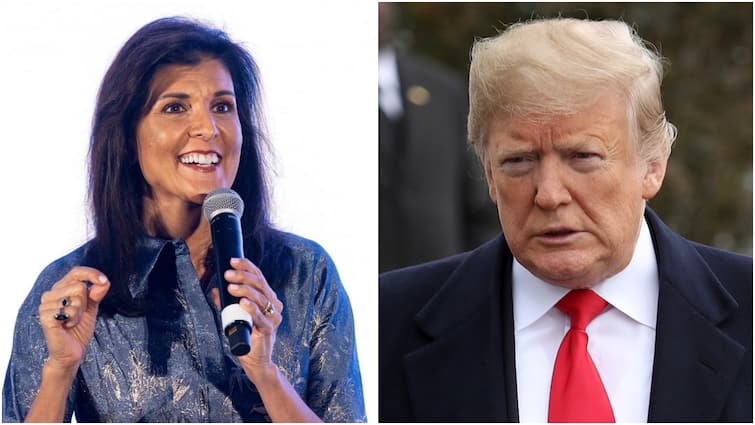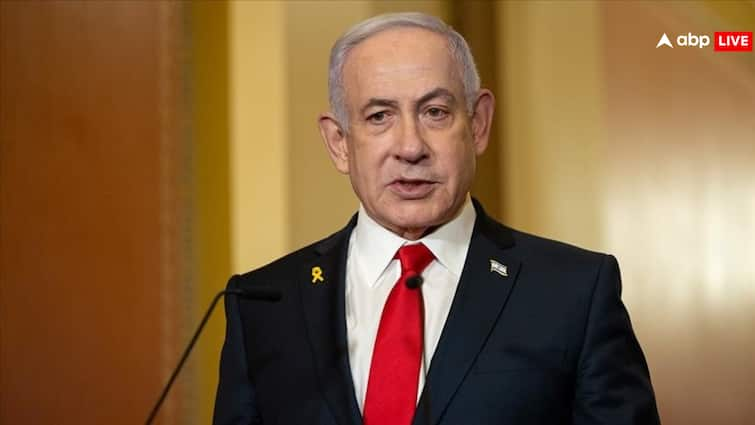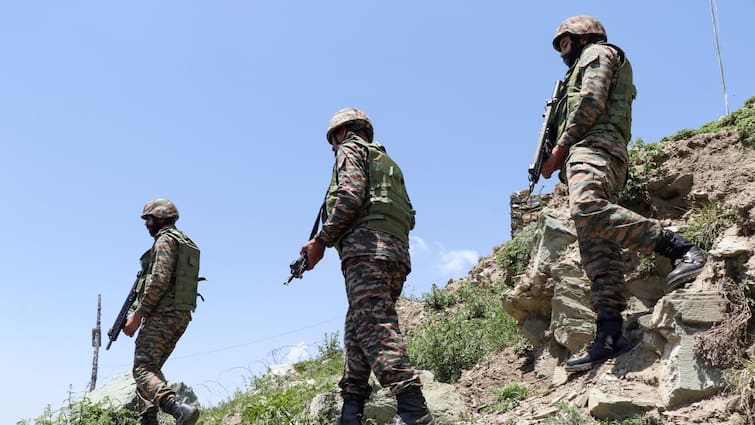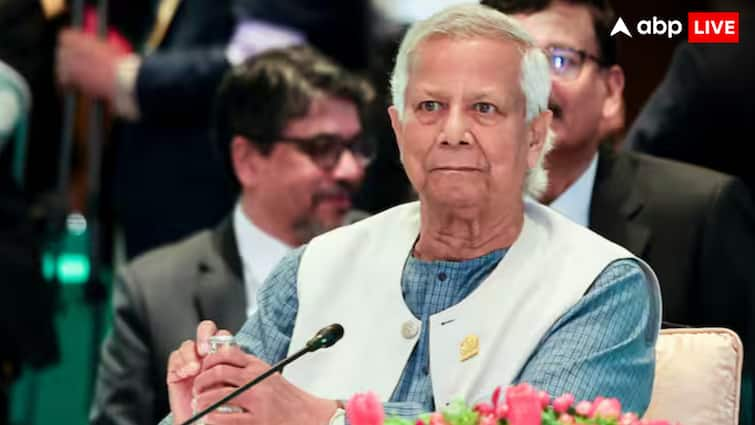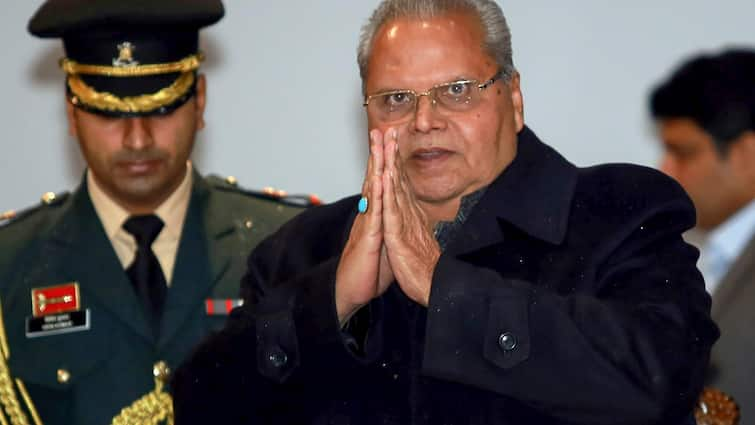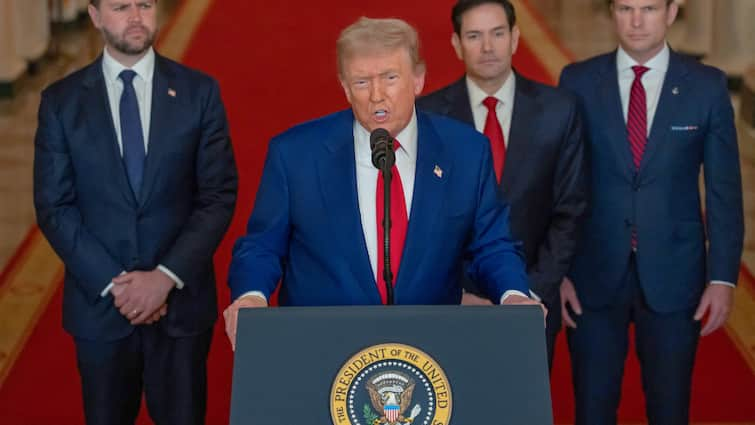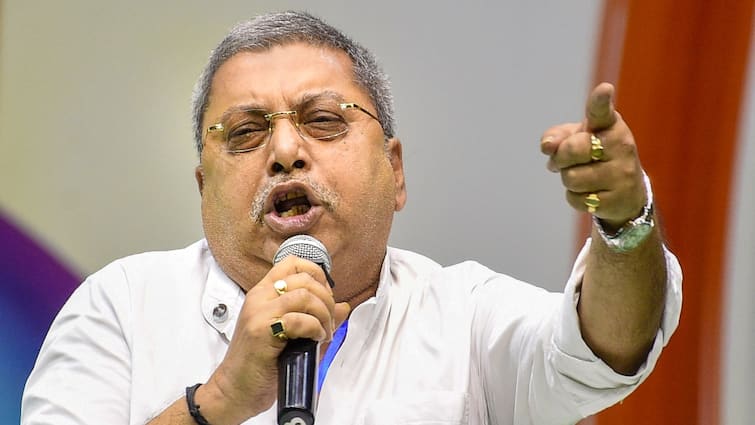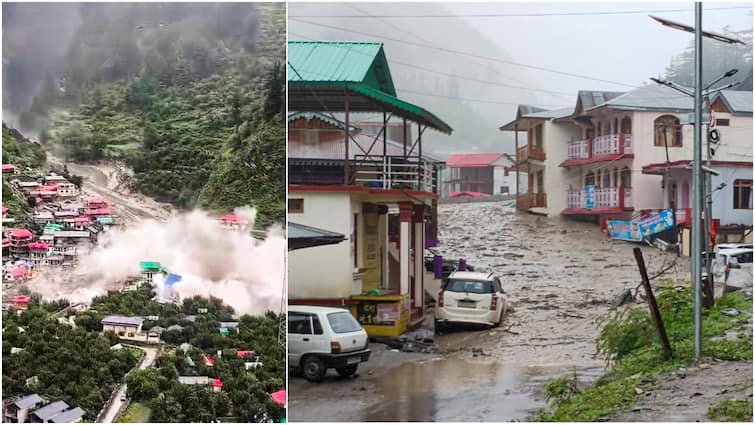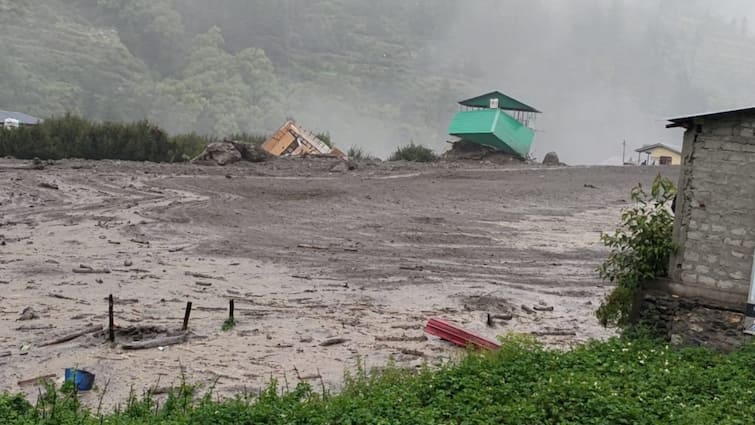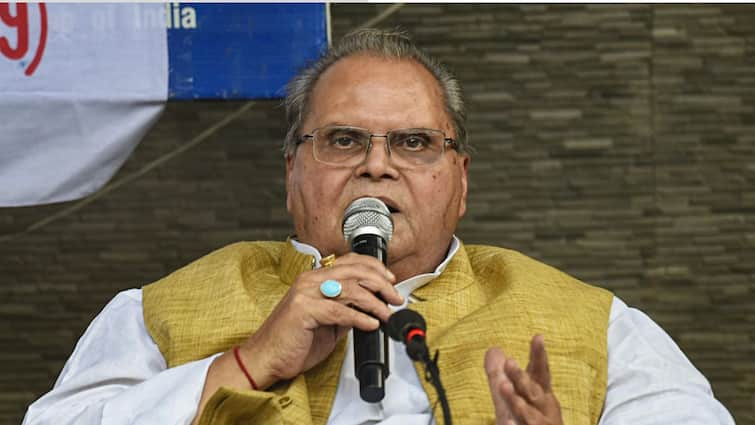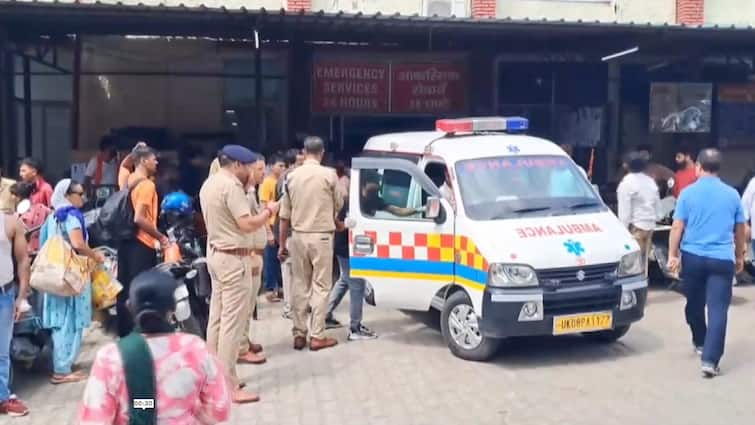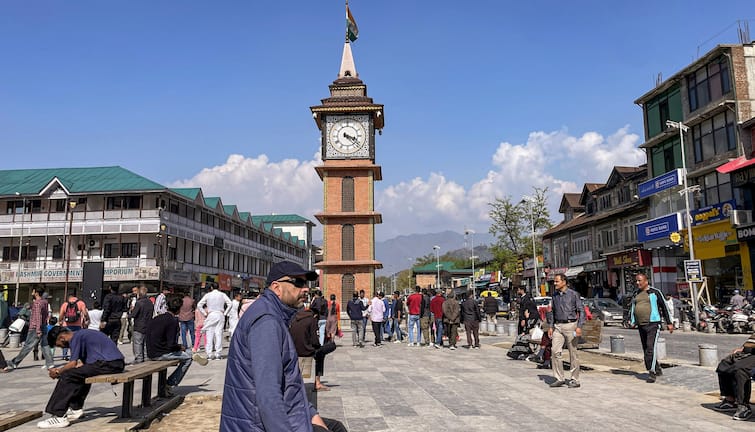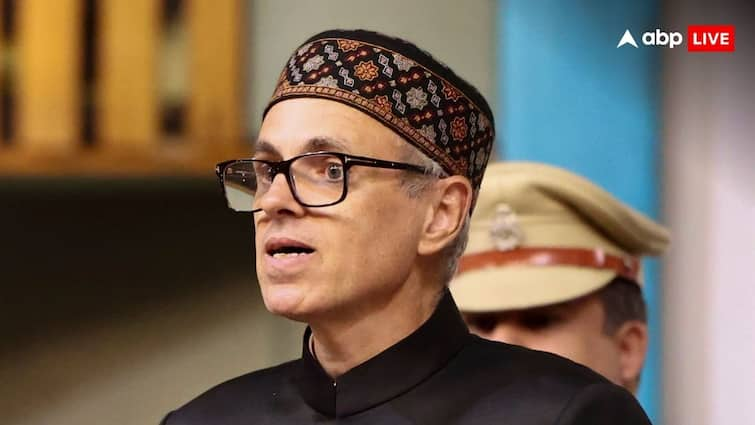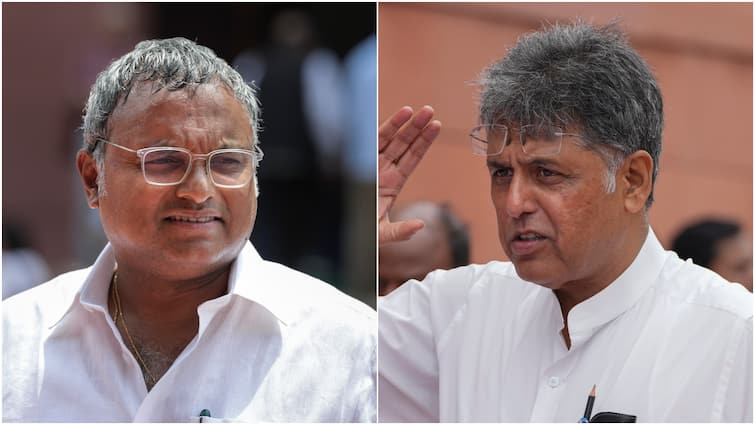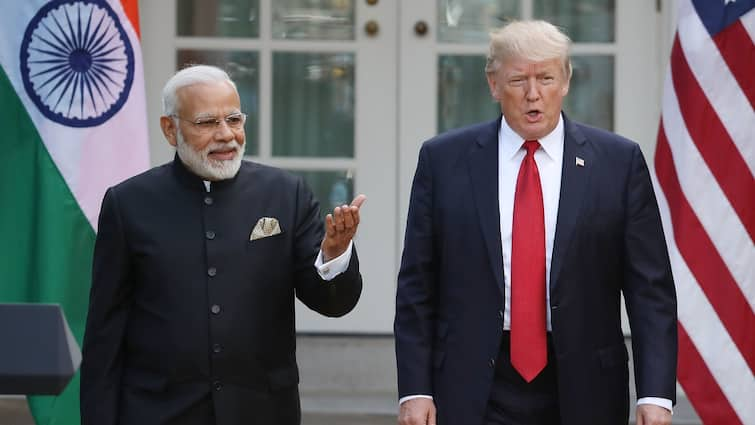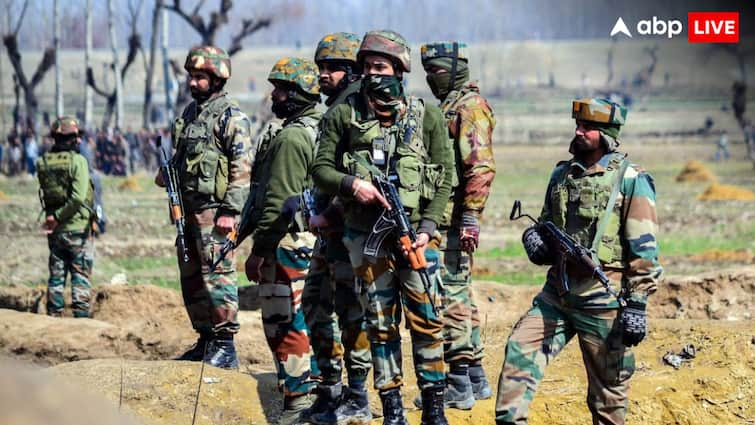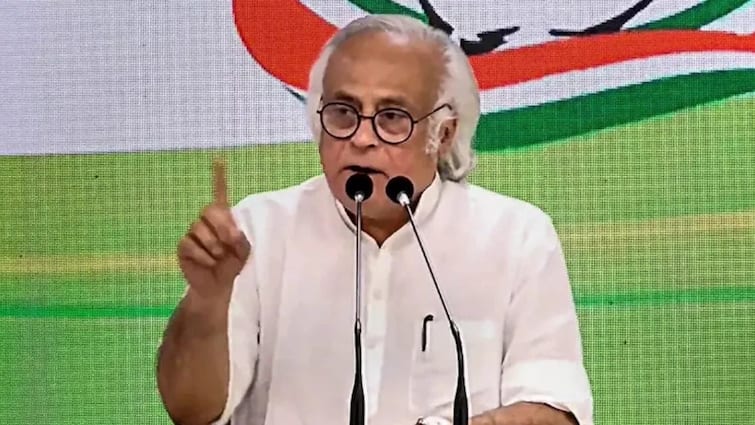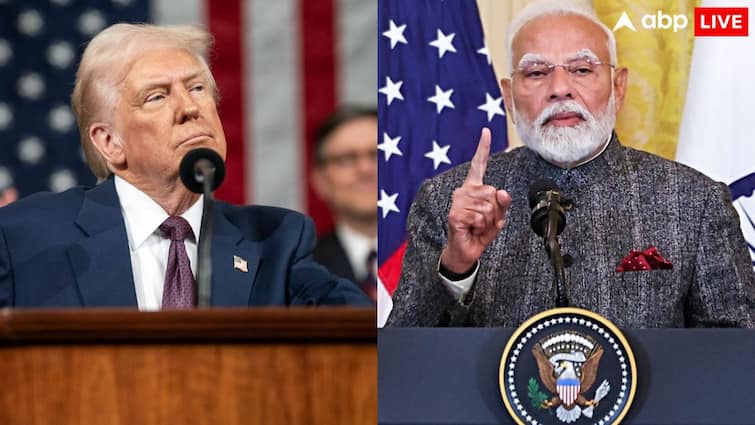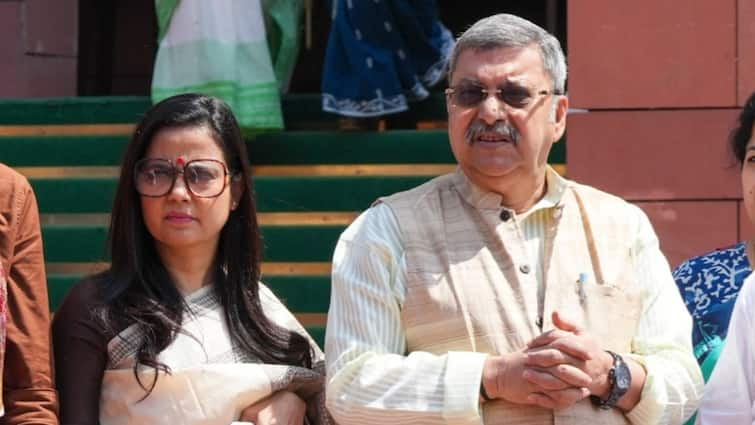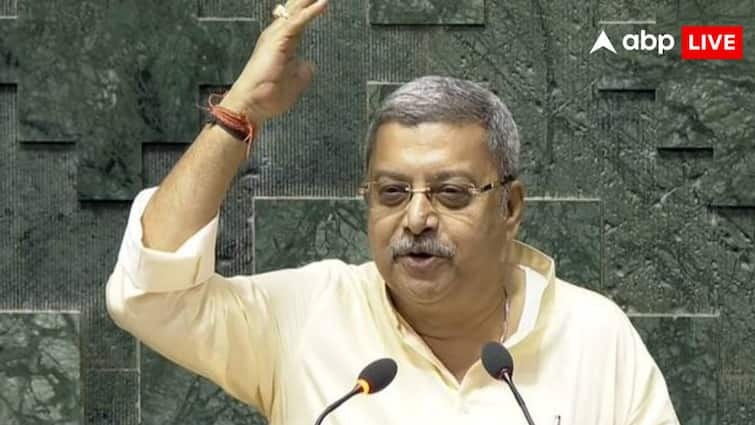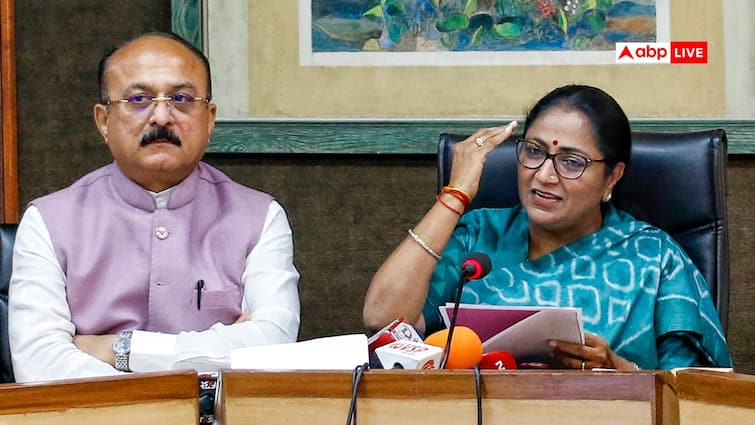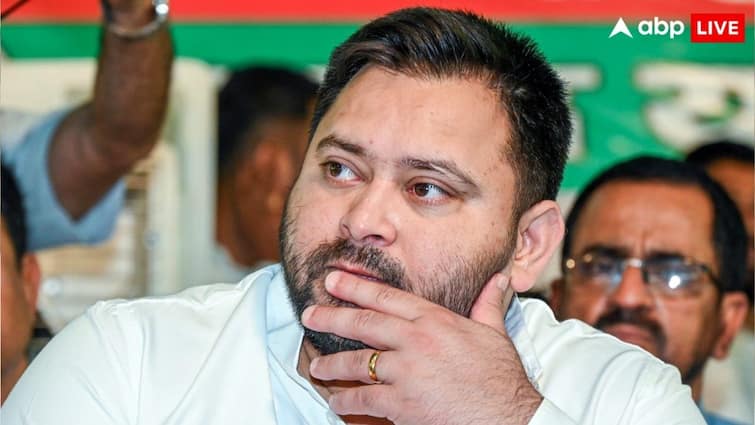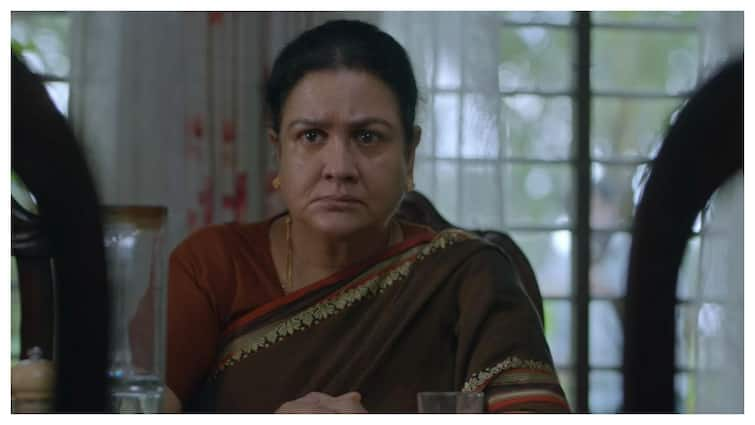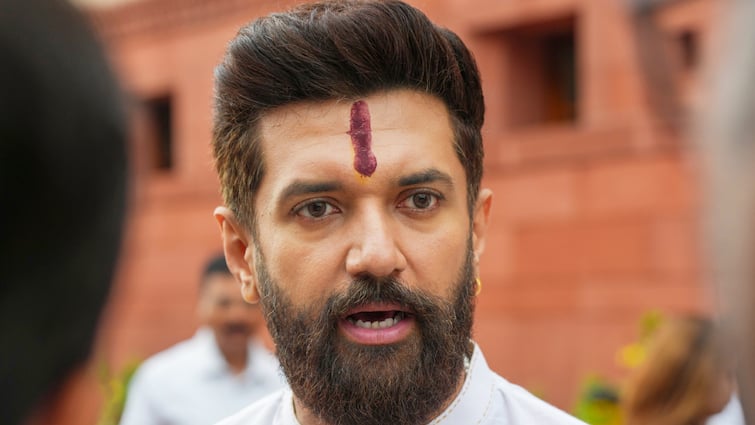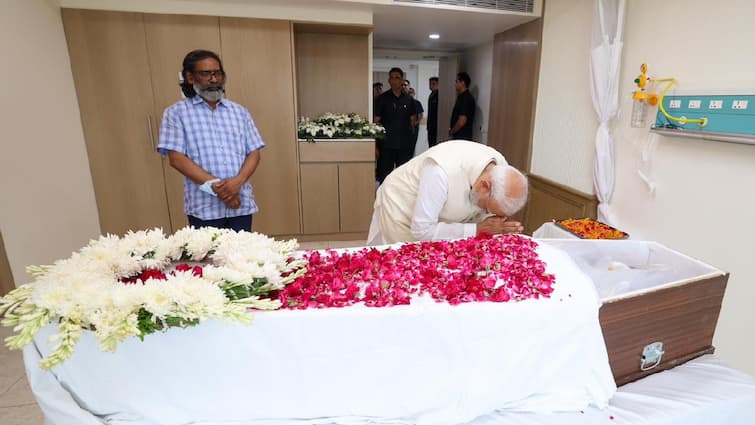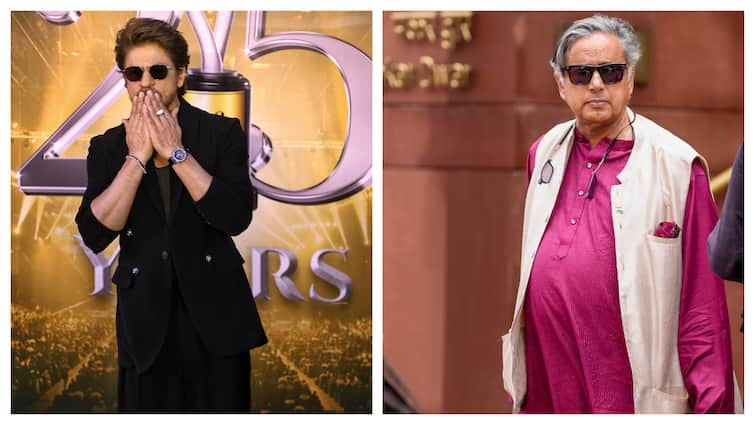
Prime Minister Narendra Modi is set to travel to China later this month to attend the Shanghai Cooperation Organisation (SCO) summit, according to a report by India Today. This will mark his first visit to China since the 2020 Galwan Valley clash between Indian and Chinese troops in eastern Ladakh.
The trip comes as both countries explore ways to ease tensions and rebuild diplomatic ties. The SCO summit will be held from August 31 to September 1 this year.
Modi last met Chinese President Xi Jinping in October 2024 during the BRICS summit held in Russia.
The SCO is a Eurasian political, economic, and security organisation and comprises China, India, Kazakhstan, Kyrgyzstan, Russia, Pakistan, Tajikistan, Uzbekistan, Iran, and Belarus. It has its origins in the Shanghai Five group established in 1996. China, Russia, Kazakhstan, Kyrgyzstan, and Tajikistan were the founders of the SCO.
China Visit After Japan Trip
Prime Minister Narendra Modi is expected to make two key foreign visits at the end of this month, beginning with Japan on August 30 for the annual India-Japan Summit with his counterpart Fumio Kishida. After wrapping up talks in Tokyo, Modi is likely to fly to China to attend the SCO summit, the report stated.
But this isn’t just another diplomatic circuit. Modi’s trip comes amid a storm of global and regional tensions — some simmering, some very much in the open.
US President Donald Trump recently turned his focus on the BRICS bloc, accusing its members of undermining the dominance of the US dollar by continuing to purchase oil from Russia. His remarks have added fresh friction to an already polarised geopolitical climate, casting a shadow over multilateral forums like the SCO and BRICS.
Closer to home, India’s own unease with the SCO is playing out behind closed doors. In June, Defence Minister Rajnath Singh attended the SCO Defence Ministers’ meeting in Qingdao, China. But he pointedly refused to sign a key document. Why? Because the draft attempted to water down India’s firm stance on terrorism, especially in the wake of the deadly Pahalgam attack, which killed 26 people.
The fallout was immediate. With India standing its ground, the SCO chose not to issue a joint statement. Behind the scenes, long-time allies China and Pakistan were accused of pushing language that conveniently sidestepped any mention of the Pahalgam tragedy. Instead, the document included a reference to Balochistan, seen by Indian officials as a thinly veiled jab aimed at New Delhi, implying its involvement in destabilising the region.
Doonited Affiliated: Syndicate News Hunt
This report has been published as part of an auto-generated syndicated wire feed. Except for the headline, the content has not been modified or edited by Doonited




